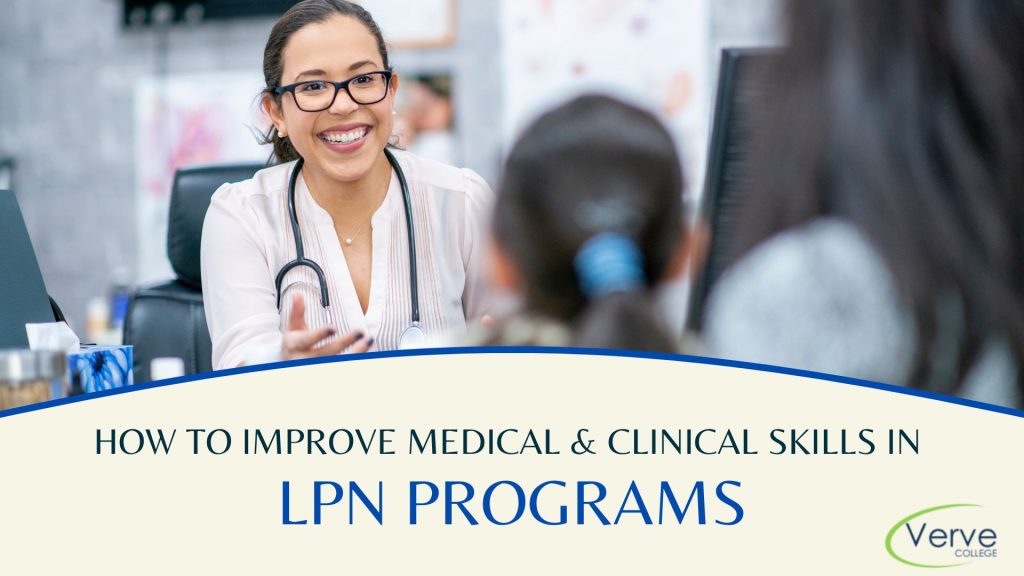- Oak Brook:(630) 705-9999
- Chicago:(312) 920-8822
- Email:inquiry@vervecollege.edu
- Make a Payment
- Home
- Programs
- Admission
- Resources
- ATI Entrance Exam Resources
- New E-Digital Library
- Refer a Friend
- School Newsletter
- Events
- Employers
- Job-Network
- Alpha Beta Kappa Candidates
- Verve College Library
- Graduation and Pinning Ceremony Photo Galleries
- Textbook Information
- Career Services
- Tutoring
- School Catalog
- FAQ
- Constitution Day Program
- Alumni
- Verve College Plans
- Financial Aid
- HEERF Reporting
- Satisfactory Academic Progress
- Apply For Financial Aid
- Net Price Calculator
- Return of Title IV Funds (R2T4)
- Financial Aid Office Code of Conduct
- Contact
- FAQs
- Verification Policy
- Vaccination Policy
- Student Right-to-Know Act
- Misrepresentation
- Information Security Program
- Academic Award Year
- Availability of Employee
- Cost of Attendance
- Health & Safety Exemption Requirement
- Students Rights and Responsibilities
- Leave of Absence
- Pell Formula
- Military Students
- Grants/ Scholarship Policy
- Contact Us
- Testimonials
- Blog
Is a Nursing Career Right For You?
Take The Free Quiz
How to Improve Medical & Clinical Skills in LPN Programs
How to Improve Medical & Clinical Skills in LPN Programs
It is essential to learn clinical skills if you are interested in working in healthcare. These skills are essential for professionals working in healthcare settings. They include the ability to diagnose and assess patients. These skills can help you advance in your healthcare professional career. This article will discuss clinical skills, give examples, and share tips for highlighting these skills.
What Are Clinical Skills?
Clinical skills are the skills that healthcare professionals need to assess, diagnose and provide basic patient care. Also, clinical skills can be described as applied medical knowledge. Clinical skills are used by doctors, nurses, surgeons, lab technicians, medical assistants, physical therapists, and other healthcare professionals (healthcare teams). These skills can be learned in LPN programs or while studying for your medical degree. Internships are a great way to learn clinical skills and gain practical experience treating and giving attention to patients.
There are two types of clinical skills: hard and soft. Soft skills like communication are crucial for interacting with patients and obtaining the necessary data to diagnose and treat them accurately. Hard skills are technical abilities that are relevant to your profession. These include reading vital signs, taking samples, and administering medication.
How To Improve Your Clinical Skills?
These steps will help you improve your clinical skills.
1. Pursue A Degree
Most careers in healthcare require a degree in medical science. You may be eligible to pursue a specialty license depending on your role on a medical team talented team. You can also learn many clinical skills while earning your degree in nursing. These include medical terminology, observation, analysis, communication, and observation. You may be able to improve your skills by taking training in LPN programs or courses to get a degree related to health care or medical care.
Related: Accredited By ABHES and COE: What It Means For Your LPN Programs?
2. Obtain Hands-On Experience
Gaining practical experience is a great way to enhance your skills. This can be done by volunteering, interning, or participating in clinical practice while completing your degree through the best nursing schools in Illinois. Depending on your career, you may choose the type of experience you are interested in. An example: A physical therapist might intern to gain patient experience and add it to in resume file.
3. Find A Mentor
Mentors are professionals with experience in your field and can guide you for career advice. Finding a mentor through networking events or contacting your network and telling them you are looking for one is possible. Mentors can help you develop and improve your skills for career progression. Mentors can help you identify the areas that need improvement in your career journey.
4. Evaluate Your Skill Set
It is a crucial step to improve your critical skills. Analyzing your skills and shortcomings will help you achieve this through a practical nursing program. You might need to pay more attention to skills you consider weak. You can also search for courses or hands-on training that specialize in clinical skills in your flexible schedule.
Want to Make a Career in Nursing? Get More Information About Our Courses!
5. Your Education Should Be Advanced
It’s a fantastic approach for you to develop new talents. No matter what your career path in healthcare facilities is, you can get an advanced degree, such as a master’s degree or doctorate, for a career in nursing. Training or classes may enhance your skills and keep you current. You might want to check with your employer about learning opportunities, such as specialized training from the Illinois college of nursing accreditation for practical nurses.
 Sign up
Sign up Login
Login




